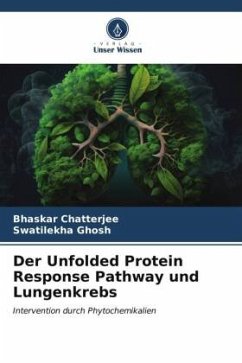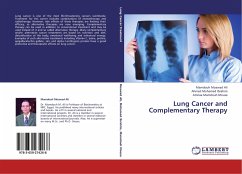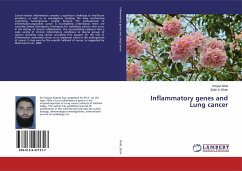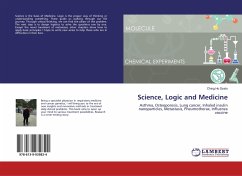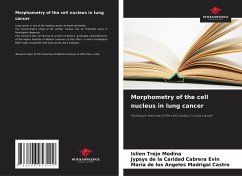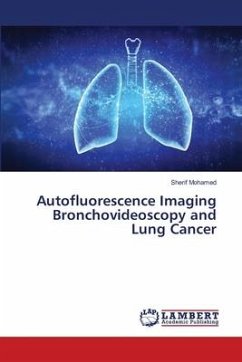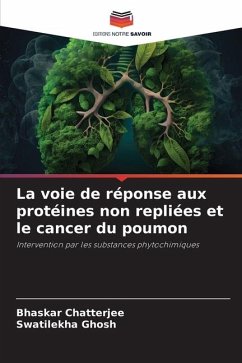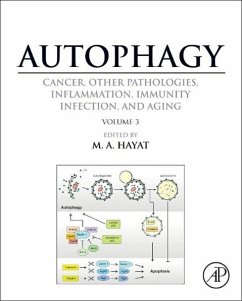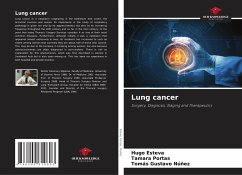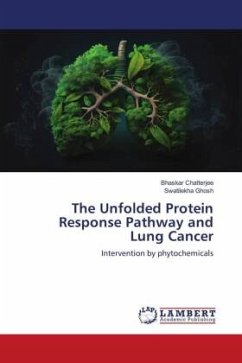
The Unfolded Protein Response Pathway and Lung Cancer
Intervention by phytochemicals
Versandkostenfrei!
Versandfertig in 6-10 Tagen
29,99 €
inkl. MwSt.

PAYBACK Punkte
15 °P sammeln!
Cancer's lethality and the shortcomings of current treatments propel the urgency for effective alternatives. Lung Cancer, a leading cause of malignancy-related deaths, is exacerbated by widespread smoking. Decades of research into cancer biology aim to enhance therapeutic efficacy while minimizing side effects. The Unfolded Protein Response (UPR) pathway, pivotal in maintaining protein homeostasis and responding to ER stress, garners significant interest. The molecular chaperone GRP78, integral in cellular processes during ER stress, holds a multifaceted role in lung cancer biology, influencin...
Cancer's lethality and the shortcomings of current treatments propel the urgency for effective alternatives. Lung Cancer, a leading cause of malignancy-related deaths, is exacerbated by widespread smoking. Decades of research into cancer biology aim to enhance therapeutic efficacy while minimizing side effects. The Unfolded Protein Response (UPR) pathway, pivotal in maintaining protein homeostasis and responding to ER stress, garners significant interest. The molecular chaperone GRP78, integral in cellular processes during ER stress, holds a multifaceted role in lung cancer biology, influencing survival and treatment resistance. Exploring novel treatments, this chapter investigates plant-derived compounds for antioxidant and anti-inflammatory effects, metabolic regulation, and anti-tumor properties with reduced side effects. Emphasizing UPR in lung cancer, it explores phytochemicals (curcumin, nimbolide, epigallocatechin-3-gallate, emodin) inducing cell death and reducing metastasis. The study further establishes potential connections between these compounds and UPR signaling pathways, including PI3K/Akt, MAPK, NF- B, Wnt/beta-catenin, and STAT3 in cancer cells.



